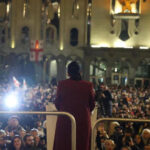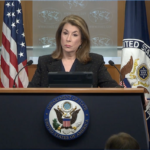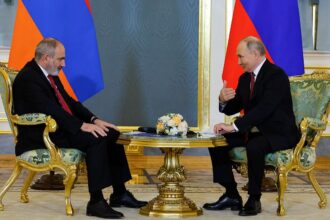The article discusses the insights of historian Marci Shore regarding the ongoing conflict in Ukraine and its implications for our understanding of democracy, freedom, and resilience. Shore highlights two main issues: the sheer volume of information, which makes it impossible to pay attention to every place and everyone who deserves our attention; and the problem of post-truth or disinformation, where truth is drowned out by a flood of conflicting information.
Shore emphasizes that the war in Ukraine has laid bare questions about good and evil, and returning to those categories. She also notes that democracy does not guarantee against tyranny and that people can democratically choose fascism. The article quotes Shore as saying that she hopes for a future where Ukraine is rebuilt to be an avant-garde, relying on clean energy, embracing cosmopolitan civic identity, and rejecting national mythology.
The article then discusses the issue of “othering” the enemy, in this case, Russian soldiers, and how it can be seen as a coping mechanism for a world that refuses to accept that peace is not a given. Shore suggests that the demographic of hard-core sadistic psychopaths is marginal, but that mass atrocity on this scale requires massive participation by ordinary men.
The article concludes by highlighting the ongoing relevance of classic works on the nature of evil and human behavior, such as Christopher Browning’s “Ordinary Men” and Hannah Arendt’s “Eichmann in Jerusalem“. The writer reflects on the importance of understanding that people are capable of committing horrific crimes and that it is not just a matter of “othering” the enemy.
Overall, the article provides insights into Shore’s perspectives on the conflict in Ukraine and its broader implications for our understanding of human nature and society.













